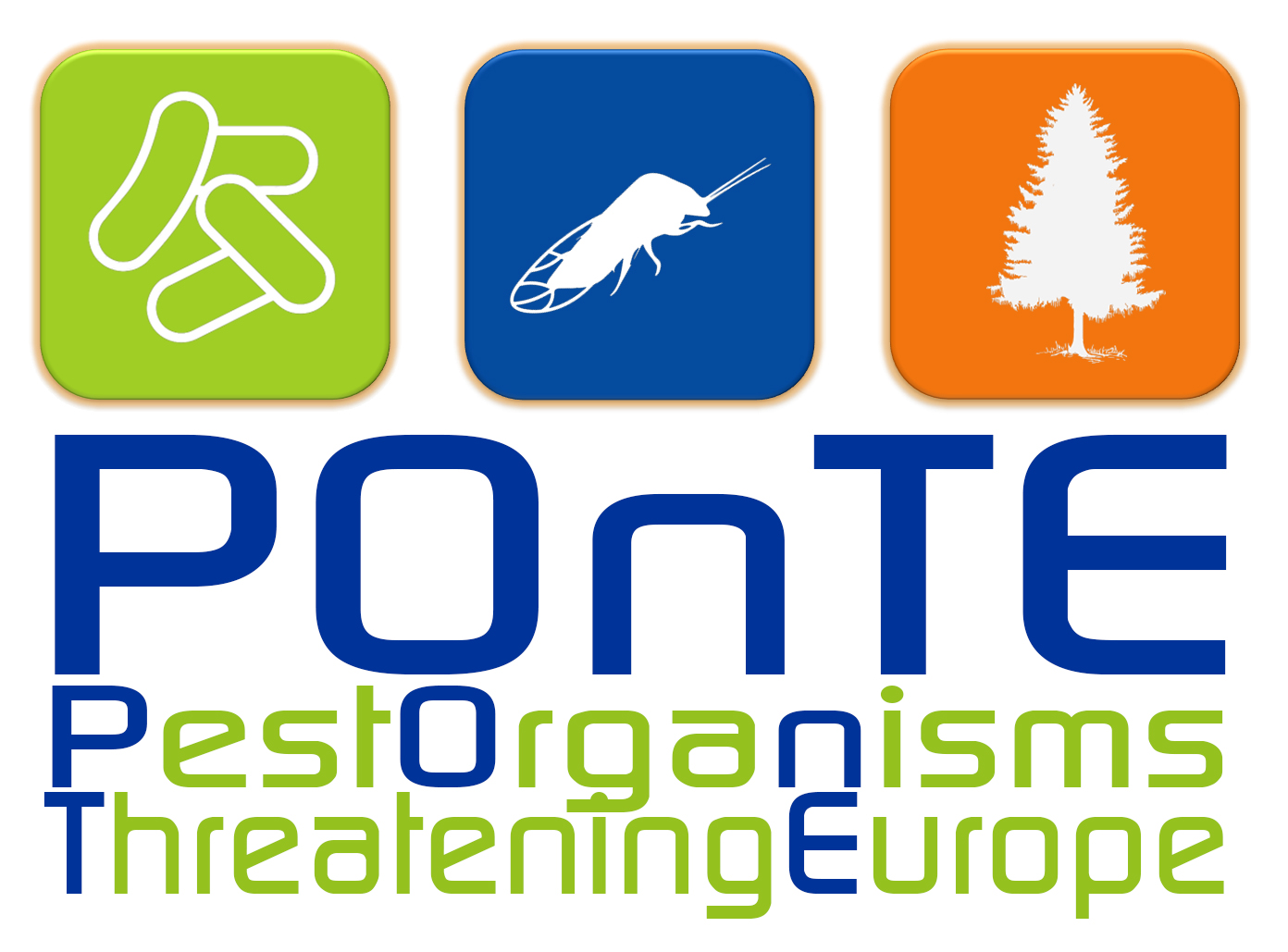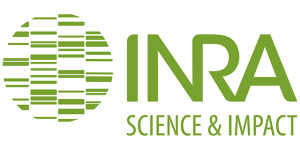FRENCH NATIONAL INSTITUTE FOR AGRICULTURAL RESEARCH
INSTITUT NATIONAL DE LA RECHERCHE AGRONOMIQUE
Project Partner
P3
Website
www.inra.fr
www6.angers-nantes.inra.fr
www6.bordeaux-aquitaine.inra.fr
Address
42, RUE GEORGES MOREL CS 60057
49071 BEAUCOUZE’
FRANCE
Contact Persons
INRA-Angers
Name: Marie-Agnes Jacques
Phone: 0033 241225707
Fax: 0033 (0)241225705
Email: marie-agnes.jacques@angers.inra.fr
INRA-Bordeaux
Name: Xavier Foissac
Phone: 0033 557122356
Fax: 0033 557122360
Email: xavier.foissac@bordeaux.inra.fr
PROFILE
INRA carries out mission-oriented research for high-quality and healthy foods, competitive and sustainable agriculture and a preserved and valorized environment. INRA has built up a portfolio of fundamental scientific knowledge and skills which are principally founded in the life sciences, but also in economic and social sciences, mathematics and applied informatics, environmental sciences and food sciences. INRA is ranked 2nd in the world and 1st in Europe for publications in the agricultural sciences, and plant and animal sciences. INRA human resources are constituted by 1,800 researchers, 2,500 engineers, 4,000 technicians and administrative staff, nearly 2,000 PhD students and more than 1,800 foreign students and researchers and approximately 2,000 interns hosted each year in research units. The INRA department Plant Health and Environment is in charge of developing research in the field of crop protection. Two research groups of this department are involved in PonTe proposal.
ROLE IN THE PROJECT
The group EMERSYS of the Research Institute of Horticulture and Seeds, RIHS analyze disease emergence and focuses on systematics and ecology of plant pathogenic bacteria. EMERSYS hosts the CIRM-CFBP, an international biological resource center. The roles of this team in this project are to participate in X. fastidiosa isolation campaigns in Puglia, genotype and determine the pathogenicity of the strains, host the Xylella reference collection, and develop tools for epidemiological surveillance of the pathogen (MLVA). The team Mollicutes of the UMR-1332-Fruit Biology and Pathology is expert in aetiology, epidemiology and evolution of mycoplasmas and phloemian bacteria transmitted by insect vectors. It will participate to the design and implementation a Multilocus Sequence Analysis strategy to better characterize and trace ‘Candidatus Liberibacter solanacearum’ strains at the continental scale. It will also monitor disease spread and vectoring capacity of psyllid populations mainly in carrot, and celery fields in Southern France.
INRA will be involved in the following work packages: WP2, WP3, WP5, WP6, WP10, WP11

